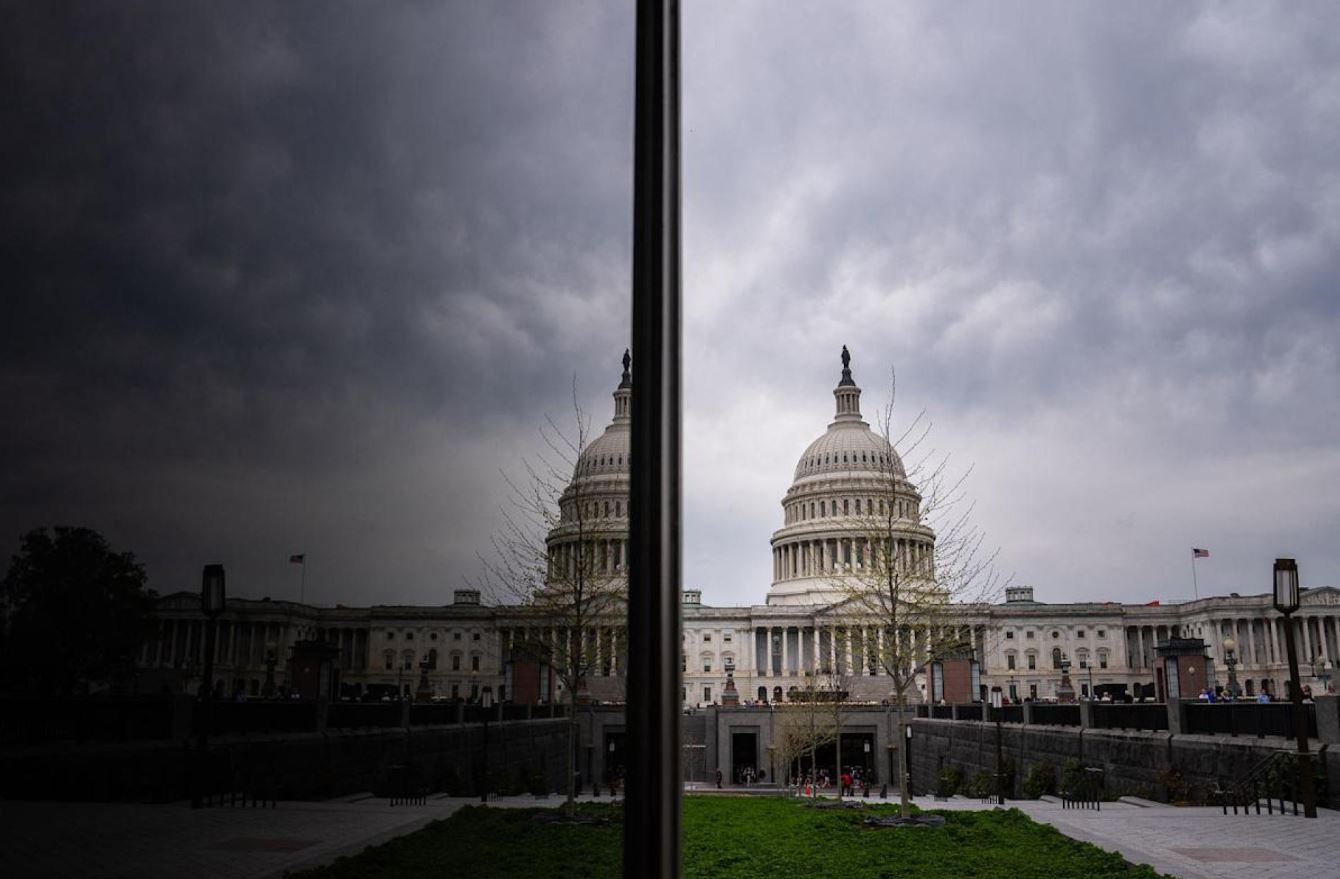 Republican lawmakers are shifting gears by advocating for tougher federal rules on online content while loosening restrictions on artificial intelligence development. A budget reconciliation bill from the House Energy and Commerce Committee aims to upgrade government IT infrastructure and integrate AI into the Commerce Department’s operations, even proposing a ten-year pause on state-imposed AI regulations to allow for market growth and in-depth study.
Republican lawmakers are shifting gears by advocating for tougher federal rules on online content while loosening restrictions on artificial intelligence development. A budget reconciliation bill from the House Energy and Commerce Committee aims to upgrade government IT infrastructure and integrate AI into the Commerce Department’s operations, even proposing a ten-year pause on state-imposed AI regulations to allow for market growth and in-depth study.
The push for a bolder AI strategy has roots in the Trump administration’s vision, which promoted a less-regulated U.S. AI industry. This effort included a notable partnership with the United Arab Emirates to build a large-scale data centre designed to support American tech companies.
At the same time, Republicans are working on measures to increase oversight of tech companies by introducing legislation aimed at protecting younger users. The Interstate Obscenity Definition Act (IODA), reintroduced by Senator Mike Lee, seeks to redefine what counts as obscenity online by criminalising the mere transmission of such material without needing to prove intent to harass or abuse.
Although IODA is intended to shield children from inappropriate content, it has sparked debate over its potential impact on prosecuting pornography under current obscenity laws. Today’s major social media platforms still benefit from Section 230 of the 1996 Communications Decency Act, which protects them from liability for user-generated content.
The bipartisan-backed Kids Online Safety Act (KOSA) also looks to make significant changes. It would require social media platforms to remove addictive features, enhance parental controls, and address content related to suicide and disordered eating. Some critics, however, are concerned that this could unintentionally lead to overzealous censorship—particularly affecting content on LGBTQ sites. Joe Mullin from the Electronic Frontier Foundation, for example, has cautioned that KOSA might usher in a form of online censorship.
After a series of amendments that narrowed its scope and removed prosecutorial powers from attorneys general, KOSA has won support from influential voices including Apple, former President Trump, and Elon Musk. Timothy Powderly from Apple even praised the bill’s refinements while calling for broader privacy protections.
Yet, there are still concerns about the broader implications. Social media analyst Matt Navarra warns that KOSA might force platforms to overhaul their recommendation systems—a change that could affect engagement on popular sites like TikTok and Instagram. While the shift aims to move away from aggressive content moderation towards a more balanced algorithmic approach, the changes could reshape how you, and millions of others, interact with online content.
This evolving debate highlights the challenge of safeguarding users—especially minors—without compromising free expression. Both policymakers and tech companies may soon need to adapt to protect our digital spaces while keeping them open and interactive.








